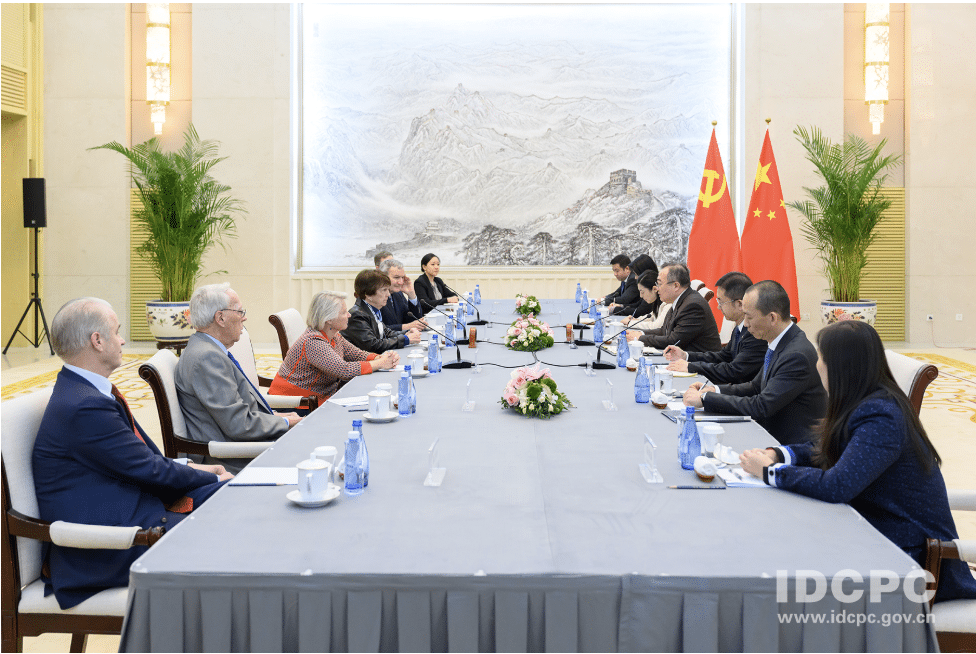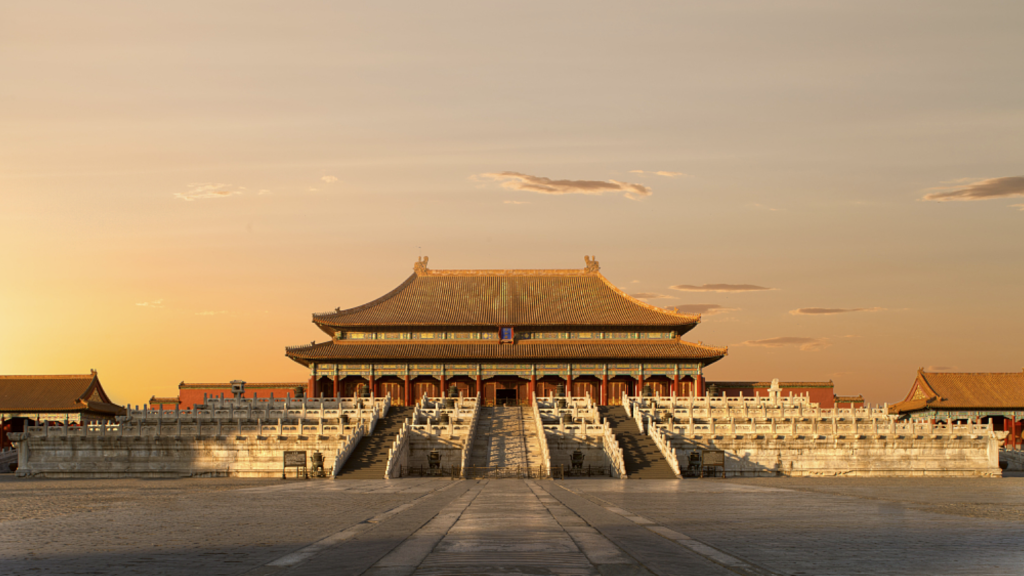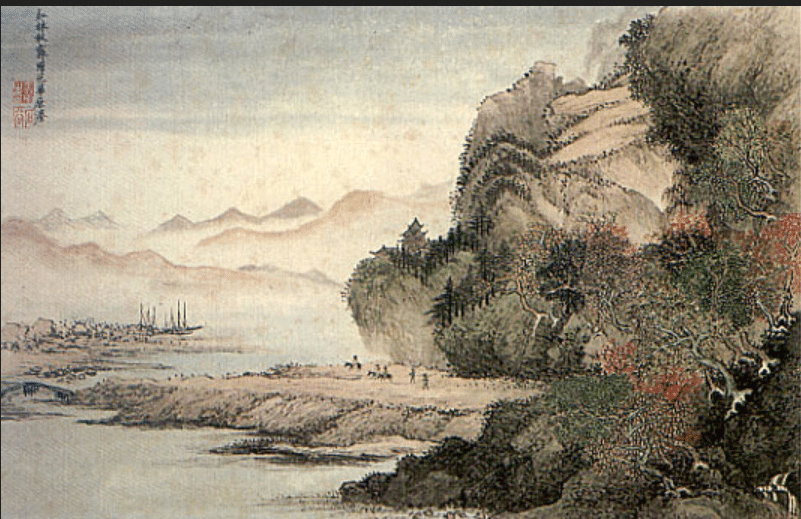Does China Hate the West?
How do we square a China that’s besotted with Western culture and a government that speaks of Western influence as though it’s a cancer? Hypocrisy, some say. Insincerity, others would argue. I very much believe, however, that there’s no contradiction at all.
Chinese today dress in Western attire, enjoy Western food (particularly KFC), and play Western sports (yes, that includes ping pong). Half of China’s highest-grossing films are Hollywood productions; its musical hits are clearly derivative of American genres such as pop, hip hop, and rock; and as The Wilson Quarterly observes, “There may be no place in the world where the great works of the Western classical music tradition are so widely admired as in China.”
At the same time, we learned earlier this year that Beijing plans to ban foreign firms from online publishing, which could be economic protectionism rather than cultural isolationism. And yet some in China do seem inclined to put up cultural barriers. According to Jonathan Kaiman of The Los Angeles Times, Wang Chuanbao, a professor at the Nanjing Institute of Politics, recently wrote in The People’s Liberation Army Daily that the animated film Zootopia is American propaganda that proves Hollywood will “spare no efforts to promote America’s values and its global strategy.”
Such remarks seem less protective of China’s burgeoning film industry than drolly ignorant, but this isn’t an isolated view. In January, Education Minister Yuan Guiren told the heads of several universities, “We must not allow the spread of Western values into our classroom materials,” echoing remarks he made in January 2015.Xinhua then published government guidelines on January 19, aimed at “strengthening” universities by stressing aspects of higher education including “Party principles,” “socialist core values,” and “Marxist theory.”
But writing for The New York Times on January 30, Chris Buckley points out that English edition textbooks are widely used in China and aren’t about to go away anytime soon. The question concerning what to make of this apparent incongruity was raised last Friday in Time by Hannah Beech, under the headline “China campaigns against ‘Western values,’ but does Beijing really think they’re that bad?” Beech contrasts this campaign with the 300,000 Chinese students now studying in America (up from just over 50,000 in 2000).
Even President Xi Jinping–this ideological crusade’s very own Richard the Lionheart–is, as I’ve noted before, actually a student of Western intellectual tradition who has read Gogol and Tolstoy and can quote Marianne Moore and Hemingway. He claims that the works of Voltaire and Rousseau enhanced his understanding of society, and says that by reading Molière, Flaubert, and others he “better appreciated life with all its joys and sorrows.”
Moreover, as Beech notes, U.S. universities are particularly popular among the families of the very officials who are leading this crusade. Bo Xilai, the Communist Party secretary of Chongqing who initiated the “red culture” movement, which attempted to revive Maoism by singing so-called red songs, reading red culture classics, and generally reveling in Mao’s sordid legacy, sent his son, Bo Guagua, to Oxford and Harvard. What’s more, his sonsavored the callow pleasures of the West with all the bleary-eyed enthusiasm his father had shown for the brutish politics of an older China.
Huang Hua, China’s foreign minister and vice premier in the early 1980s, sent his son to Harvard, too. Former Premier Zhao Ziyang and former President Jiang Zemin sent their grandchildren to Harvard, and President Xi Jinping’s daughter, Xi Mingze, also attended the university.
Back in May 2012, The Washington Post spotlighted this contradiction with a piece entitled “Chinese communist leaders denounce U.S. values but send children to U.S. colleges,” and yet one cannot help but wonder, how much of a contradiction is there really? Bo Xilai, for instance, was later sentenced to life imprisonment for corruption, proving that even a frighteningly pro-Party stance isn’t an effective shield. Bo was sacked because he was corrupt, powerful, and, as John Garnaut writes in The Atlantic: “Bo’s methods were so brutal and out of touch with the values of China’s increasingly sophisticated and pluralistic society, that they galvanized lawyers, editors, historians and other intellectuals to fight to protect their interests and restrain him.”
A lot of Beijing’s pro-Party talk is puffery, and you only have to look at the people doing the talking to know that it’s so. We therefore shouldn’t read too much into it, nor should we read into Beijing’s elites attending U.S. schools. It’s a status symbol, and it means roughly as much as the fact that members of the 1987 Standing Committee wore Western suits—they were conveying modernity, not Western values. It simply isn’t seen as a contradiction to rail against the West while playing on one’s iPhone in a Starbucks. Nor should it be, as that would be to undermine the very pluralism we criticize China for spurning.
By DAVID VOLODZKO May 6, 2016 on The Diplomat
Read more here








